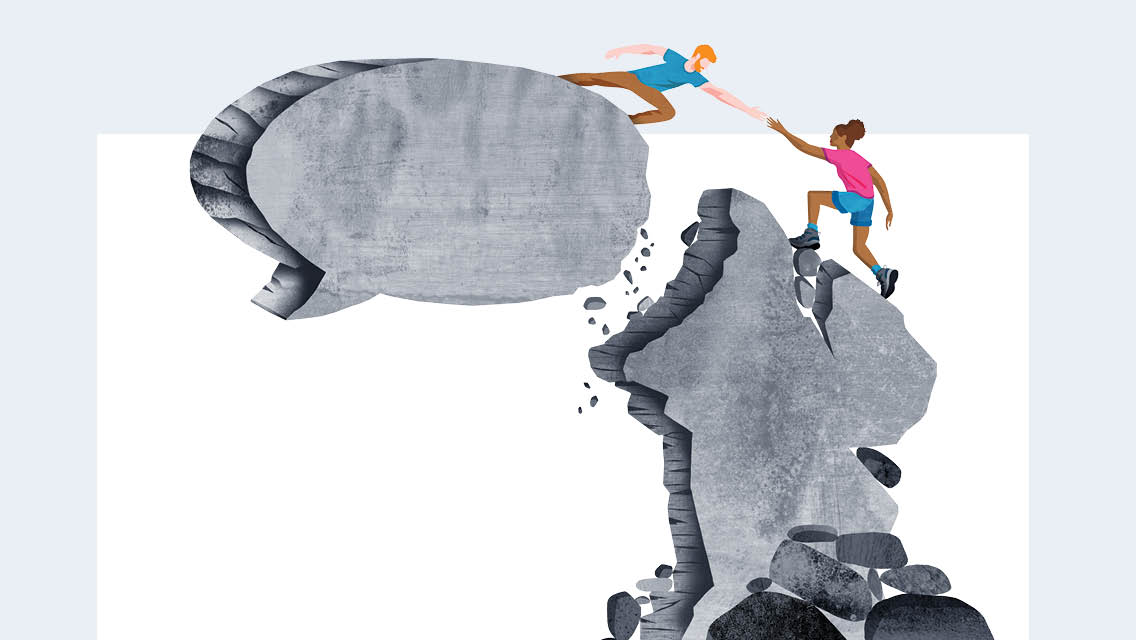Over the course of history, patterns of success and failure have played out across cultures and societies, offering lessons for change and opportunities to do things differently. Various empires, for instance, rose to significant power and influence — the Inca, Greeks, Romans, and Persians are all examples of superpowers that dominated their respective regions for periods of time.
Each of them grew because of their respective ideologies (philosophical, religious, economic, and political), leadership, military power, cultural diversity, and trade. And despite limited technology, communication capabilities, and means of travel, they continued to expand over vast areas. At its peak, the Roman empire, for instance, was estimated to be around 2 million square miles that spanned three continents.
Yet despite their periods of growth and success over many years, all of these empires eventually fell, quite literally becoming ancient history. As with their rise, their collapse was the result of various issues, including invasion, migrations, division, poor leadership, ideological differences, overexpansion, and succession.
In the case of the Inca, the story goes that a civil war — caused by disputes over control of the empire between two sons of emperor Huayna Capac — was a factor in the fall to the Spanish in the mid-1500s. In ancient Greece, the death of Alexander the Great resulted in conflict between his generals; infighting about who had the right to rule contributed to the eventual decline.
I share all of this because there are common threads I see within the rise and fall, success and later failure, of these empires; some of them are playing out in our society today — ideological differences, division, the sense of entitlement.
By definition, entitlement is “something that you have a right to do or have” or “the feeling that you have the right to do or have what you want without having to work for it or deserve it, just because of who you are.”
As participants in society and various groups, we should all have certain entitlements — from the protections of citizenship to the right to expect fair treatment and equal opportunity across experiences, to the workplace offerings of benefits, fair wages, and vacation time.
It’s the second definition that gives me pause: “the feeling that you have the right to do or have what you want without having to work for it or deserve it, just because of who you are.”
Like the empires of the past, America began as a result of various factors — ideologies, leadership, diversity of culture, and more. The forefathers were committed to creating a democracy — a better place with greater opportunities. They wanted its citizens to be able to build a better life for themselves and future generations. So they worked together, devoting their efforts to forming a more perfect union.
Over the last 245 years, which is a relatively short period in terms of a rise to power, the United States has become a global leader. In expanding across much of North America, it quickly grew its economy, along with its transportation and technological capabilities.
And though our nation’s leaders initially and intentionally stayed out of foreign affairs, its involvement in wars between the mid-1800s and mid-1900s solidified its influence at the international level.
Yet in the last decade, there have been warning signs that our nation could be at risk of veering down a path similar to those of earlier empires. Ideological differences, division, disputes over who has a right to what — these factors seem to be tearing us apart when it’s more important than ever to come together.
If we continue on this trajectory, where will it take us? Is this the direction we really want to go? And what can we do to influence a turnabout as individuals within a collective?
I think we have to start with self-reflection: What is my role? What am I expecting because of my current circumstances? When I’m feeling entitled, how do I balance that with my personal responsibility?
Then we have to take action, each of us doing our unique part to contribute to the greater good. That includes working together, in spite of our differences and varying points of view, and being willing to listen to and respect one another.
Most important, we have to put in the hard work as we pursue the rights this nation promises us. Because when we do, we can collectively prevent the fall — and nurture healthier, happier people and communities in the long run.






This Post Has 4 Comments
Awesome article!
Bahram,
Thank you for the history lesson and great reminder of all the liberties we enjoy!
Griff
It is uncanny how history repeats itself. We need to slow down, appreciate what we have and earn what we believe is deserved. When did we as a society lose sight of earning and just begin to expect everything to be given to us on a silver plater? Thank you for your historic perspective — we need to teach our youth to earn.
Thank you for such an honest article! I pray we do come together for the greater good with respect, love and harmony.